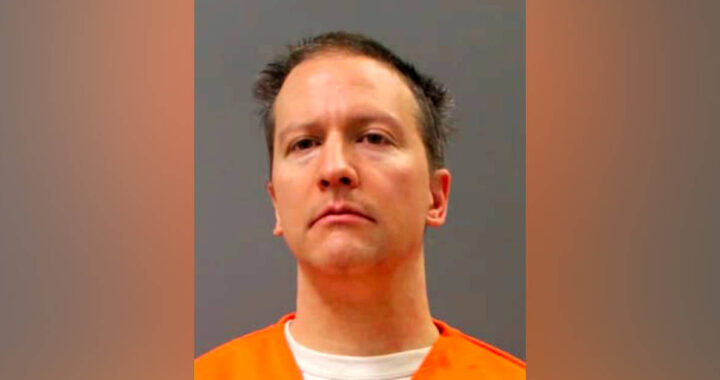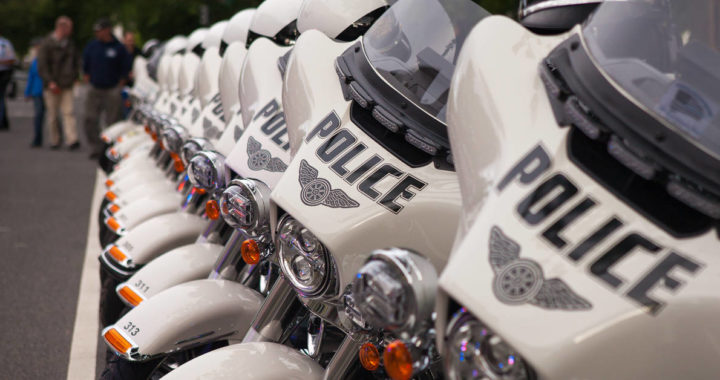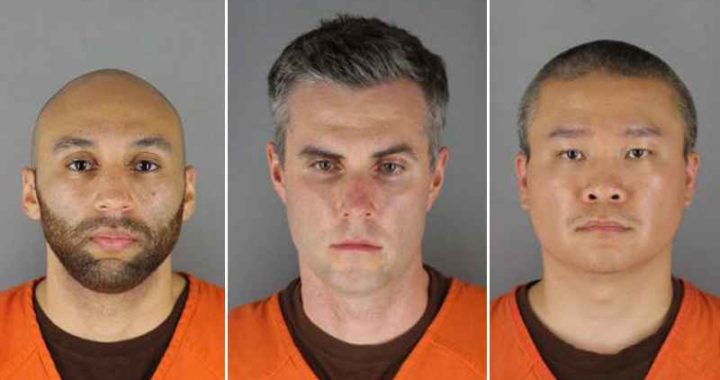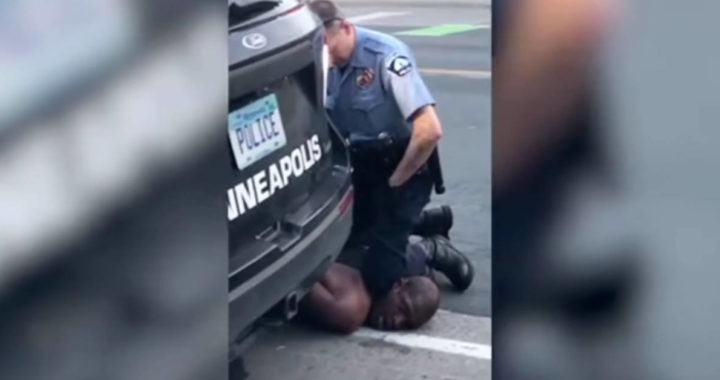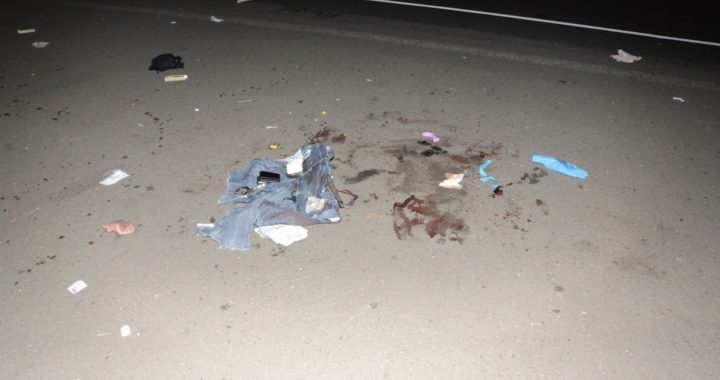A former Minneapolis police officer will be sentenced on his murder and manslaughter conviction in June, a Minnesota court affirmed last week.
The former officer, Derek Chauvin, was convicted earlier this month on two counts of murder and a separate manslaughter charge in connection with the 2020 death of George Floyd, an unarmed Black man whom he arrested.
Chauvin was convicted by a Minnesota jury on April 20 following a two-week trial.
In an interview with CBS News on Sunday, Minnesota Attorney General Keith Ellison said he felt it was appropriate for the judge “to not go light or heavy” when sentencing Chauvin to a possible prison term.
“I don’t know if it’s right for a judge to send a message through a sentence because the sentence should be tailored to the offense, tailored to the circumstances of the case,” Ellison told the news magazine program 60 Minutes.
Chauvin faces a maximum prison sentence of 40 years on the more-serious charge of second-degree murder. He was also convicted on third-degree murder and second-degree manslaughter.
Earlier in the week, Sacramento criminal defense attorney and legal expert Mark Reichel said the judge will have to consult Minnesota’s version of the sentencing guidelines, which help the judge determine an appropriate prison sentence in criminal cases.
“The judge takes the book out, and it actually has a presumption in cases like this of 12 and a half years,” Mark told FOX40 News. “The prosecution will ask the judge to go above the 12 and a half years, citing aggravated circumstances; the defense, of course, will ask the judge to go below the 12 and a half years.”
The worldwide attention the Chauvin trial received meant the judge will face significant pressure to sentence the former officer to a lengthier prison term than someone who would be in a similar set of circumstances without a high profile.
“He knows the whole world is watching,” Mark said. “Unlike the jurors, he’s not sequestered; unlike the jurors, he’s not prevented from watching…he’s obviously going to do his job to do justice.”
Mark said factors that could weigh on the judge’s determination include the presence of children at the scene where Chauvin pressed his knee into Floyd’s neck, which the prosecution strongly argued was a factor in the man’s death.
“[The prosecution] is probably going to ask the judge to go up to the [full sentence of] 40 years,” Mark said. “The defense doesn’t have a lot to say because they didn’t put much on.”
Chauvin’s sentencing hearing is scheduled for June 16 at 1:30 p.m. Central Time (11:30 a.m. Pacific Time).
Click or tap here to read more from FOX40 News in Sacramento

